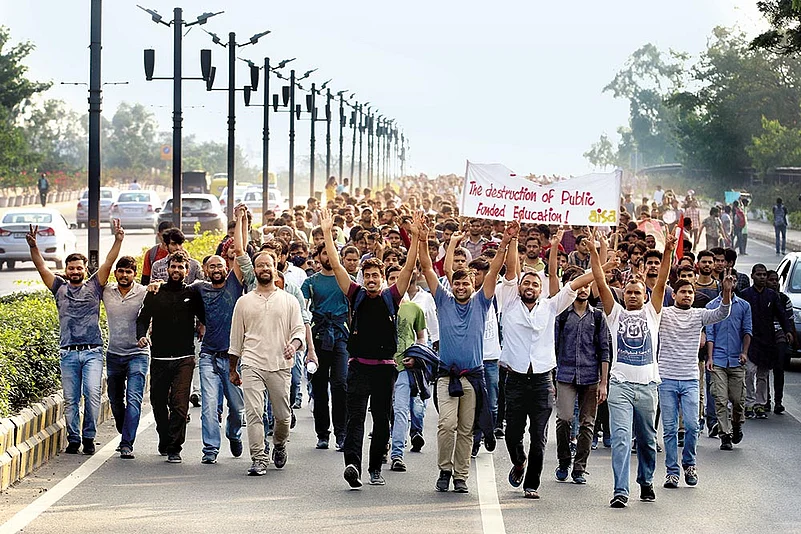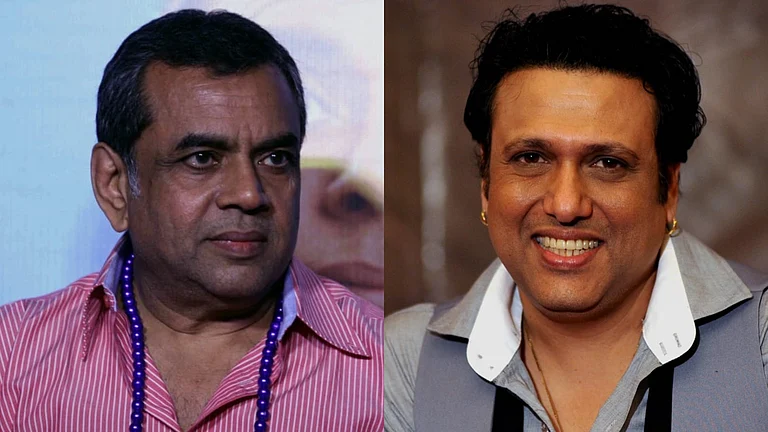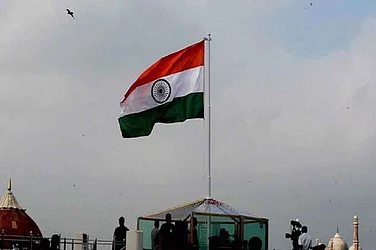There are three universities – Jadavpur, JNU and Hyderabad – that are markedly different from the colonial universities like the original three set up in 1857 in the British Presidencies – ones in Calcutta, Madras and Bombay, as well as later ones set up in the colonial model: Allahabad, Delhi, Punjab. And a whole narrative about these three universities being the den of iniquities is being pushed. The universities set up by the British were more or less premised on examination and rote learning. But these three are very different and perhaps the best that we have.
Higher education in India was very subsidized under Nehruvian model and JNU had been the most visible beneficiary of the policy. Even though the primary school system in India has essentially collapsed, we managed to create and sustain a higher education system where you could get very good education for very little.
And at JNU, people from really disadvantaged sections of society have been coming to study. With a sudden and steep hike in fees, a lot of students are going to be excluded. It would be a real shame if that happens. At JNU you can actually see and realize what class and privilege are. Even Nobel laureate Abhijit Banerjee has recently said that he wouldn’t have met anywhere else the kind of people he met at JNU.
Students from different strata of society bring different kind of knowledge, different kind of experiences and if that’s gone, then a lot is gone. Diversity is not a favour the university does to society. Diversity is what a university needs for its own sake. That being said, in India, education is a big means of upward mobility. If a poor person wants to move out and become middle class, upper middle class, the primary way for them is education. For them it’s really really important. This becomes clear not merely in one lifetime, but in a pattern of upward mobility over succeeding generations.
But I think the saddest part is the most people in the country have lost faith in the university. There is always a gulf between the “town” and the “gown” in any culture or nation, but in India now that has become one of bitter mistrust, hostility, and hatred. We need to have more trust between the nation and the university. We are living at a moment when the country is really polarized. Nobody is talking to each other. But the university having lost faith in the country and the country having lost faith in the university is really sad.
In post-industrial west, certain modes of learning in the universities are on a kind of decline. But here, there are so many young people who are going to need higher education in the coming decades. And this is the time when we need more universities. This is the worst time to lose mutual trust. We have to find ways of talking to each other again.
(Saikat Majumdar is professor at ashoka university. Views are personal.)
A shorter, edited version of this appeared in print


























